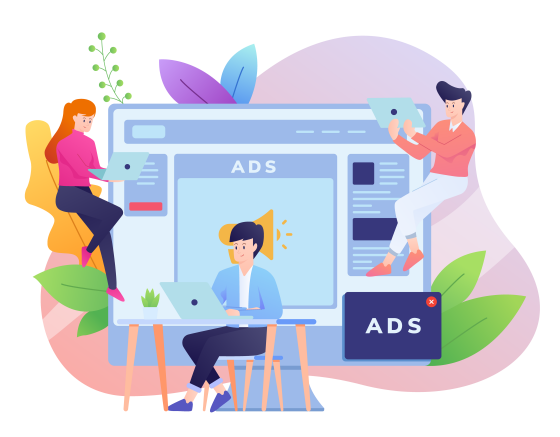Apple's privacy policy change creates a ``content fortress'' that is the opposite of what is assumed

To protect privacy, Apple plans to change its policy on iOS 14 to prevent third parties from tracking user data. The impact of this specification change on advertising companies is tremendous, and Facebook, the world's largest advertising company
The profound, unintended consequence of ATT: content fortresses | Mobile Dev Memo
https://mobiledevmemo.com/the-profound-unintended-consequence-of-att-content-fortresses/

Apple plans to change its privacy policy in iOS 14, and until now, IDFA sharing was ``disabled by opting out '' in a feature called App Tracking Transparency (ATT). It will be valid. Since the existing advertising system uses targeted advertising based on third-party data, the policy change in iOS 14 is expected to significantly reduce the performance of targeted advertising.
Facebook, the world's largest advertising company, is also expected to be affected by the policy change, and while strongly objecting to Apple's stance, he says, ``There is no choice.''
Facebook says 'there is no choice' other than accepting Apple's ad tracking specification changes - GIGAZINE
On the other hand, Apple is promoting the use of first-party data, along with the abolition of user tracking using third-party data. However, it has been pointed out that this attitude may lead to Apple's unexpected results.
On February 4, 2021, technology platform AppLovin acquired Adjust , a provider of mobile app measurement services. Seufert sees AppLovin's purpose in this acquisition as 'to build a self-sufficient advertising ecosystem using first-party data.' Apple clearly states that user 'tracking' is 'sharing data between multiple companies', and if AppLovin/Adjust locks in data as one company, data sharing between multiple companies Seufert's view is that it will not hit.
In this way, there are other movements that Apple's new privacy policy creates 'first-party data enclosure' by companies.
Social gaming company Zynga announced two initiatives in its fourth quarter 2020 earnings report : 'cross-platform play' and 'building an advertising network.' This is seen as an attempt to build an autonomous ecosystem and enclose first-party data within the ecosystem.
If Zynga publishes a game title operated under its own ad network and distributes it on a platform that is not managed by Apple or Google, the data is owned by Zynga's ad network, so Apple's Not subject to regulation.
It is unclear whether Zynga can achieve such a goal, but there are many other companies that have similar plans, and there is even a prediction that ``advertising companies will become game companies in 2021.'' . In order for advertising companies to continue to generate revenue in the world after Apple's policy change, it is necessary to avoid relying on external sources for user data as much as possible, and pair 'core advertising infrastructure' and 'content' This is because it is required to be

What you need to build such a 'content fortress' is as follows.
1: Portfolio management
This refers to enrichment of content. Diversity in monetization provides some natural growth and revenue from user substitutability . If you have both viral and profitable content, you can expect users to flow from the viral content. However, this requires careful content design.
2: Operation of advertising technology
Even if you only use first-party data, building an ad network requires expert knowledge and engineering support. Many of the reasons why content management companies fail with advertising technology are lack of resources.
3: Planned economy
Building a centralized advertising infrastructure becomes very difficult when a company consists of autonomous business units that are not directed by a central authority. Remember that when it comes to cross-platform, decisions are sometimes made that are not in the best interest of each content team.
In particular, Facebook has the potential to enhance content interaction and become a stronghold for highly protected content. If Facebook can publish third-party content in its own apps that can be monetized and generate first-party data, it will have strong data lock-in. It has been pointed out that this could produce the opposite result to Apple's purpose.
・2021/3/4 postscript:
I received the following comment from Adjust, so I will post it.
*Statement from Adjust:*
Adjust provides all app developers with the best and most accurate marketing insights,
It will remain an independent entity under AppLovin. We will continue to maintain a neutral position,
No data is shared with AppLovin.
For more information on the partnership between the two companies, click here.
Please see [ https://prtimes.jp/main/html/rd/p/000000020.000019867.html ].
Related Posts:
in Note, Posted by darkhorse_log






